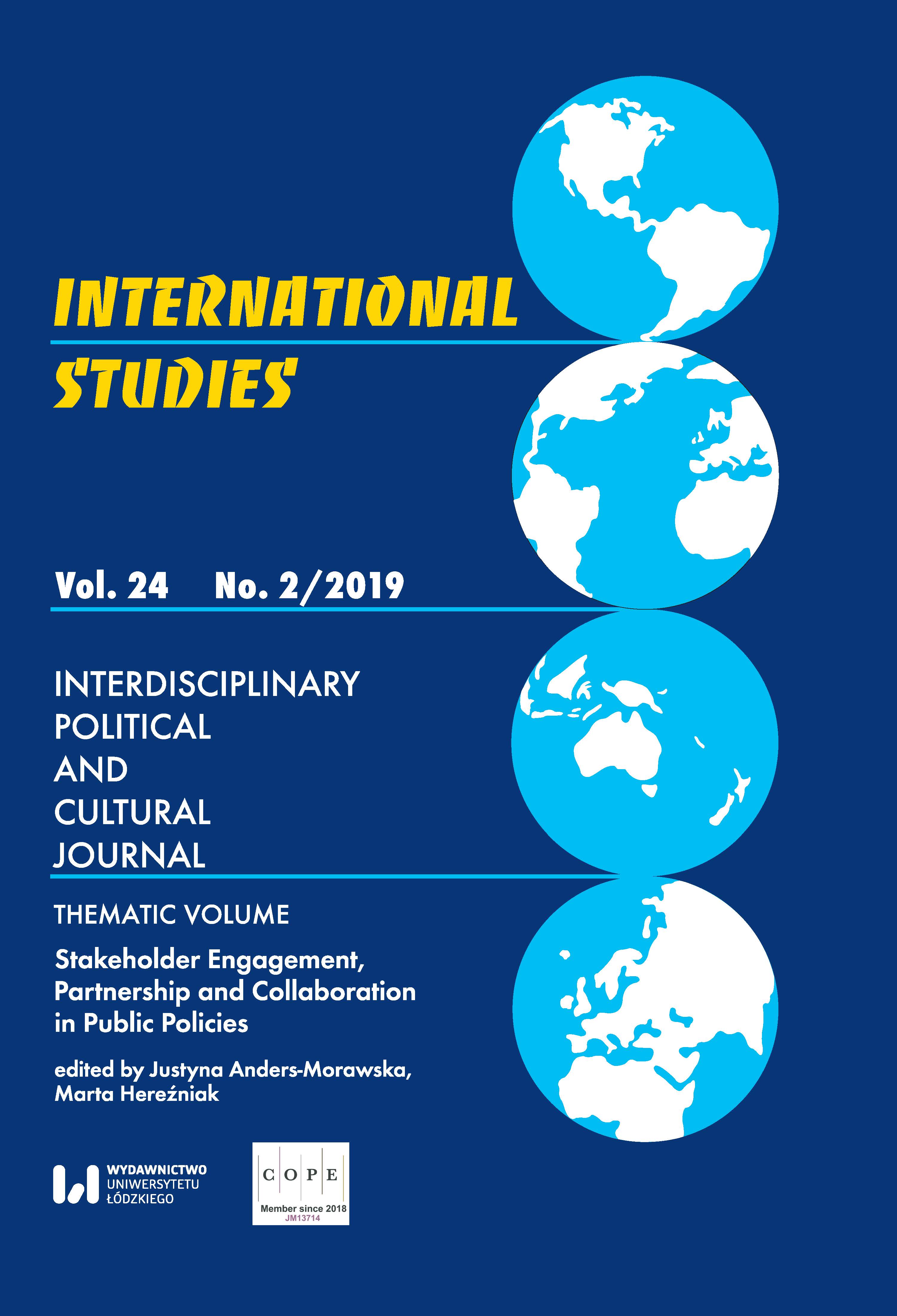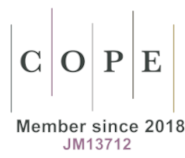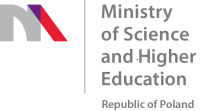Archiving and Re-using of Qualitative Data as a Path to Development of Public Administration Research
DOI:
https://doi.org/10.18778/1641-4233.24.09Keywords:
Public Administration (PA), qualitative research, qualitative data, (IDI) In-depth interviewing, new public management (NPM), qualitative data archiveAbstract
In response to the assumptions of new public management models and public or good governance, practical aspects of research in the area of public administration and the development possibilities of qualitative research methods are presented in the article. Due to the fact that qualitative research has become increasingly popular in the above disciplines, data archiving and transparency is discussed (Moravcsik), (Yom et al.) and guidelines and principles are established (American Political Science Association). However, there is a lot of controversy among scholars (Monroe), and some examples are missing. This paper presents the challenge of ‘openness’ in the empirical activities (or empirical practice) of researchers. Its purpose is to present the archiving data potential from in-depth interviews on the example of a small set of qualitative data from research in the field of public administration. Firstly, the basic assumptions of new models of functioning of public administration and related consequences for researchers are described. In the second part, the challenges related to openness in contemporary public administration models are briefly mentioned. Next, the method of creating an archive from existing data, individual stages, documents, and data is outlined; it is based on the author’s best practice on Qualidata (American Political Science Association; Van den Eynden et al.) and DA-RT principles.1 The summary includes examples of probable opportunities and challenges related to usage of data archiving for the research in public administration and political science development.
Downloads
References
American Political Science Association. A Guide to Professional Ethics in Political Science. 2012, http://www.apsanet.org/portals/54/Files/Publications/APSAEthicsGuide2012.pdf Accessed 20 Jun 2018.
Google Scholar
American Political Science Association. DA-RT – Data Access and Research Transparency. https://www.dartstatement.org/ Accessed 6 Aug 2018.
Google Scholar
Anders-Morawska, J., and R. Wawrzyniec. Orientacja rynkowa we współrządzeniu miastem. Łódź: Wydawnictwo Uniwersytetu Łódzkiego, 2015.
Google Scholar
DA-RT – Data Access and Research Transparency. American Political Science Association About, https://www.dartstatement.org/ Accessed 6 Aug 2018.
Google Scholar
Data Access and Research Transparency (DA-RT): A Joint Statement by Political Science Journal Editors. “Italian Political Science Review/Rivista Italiana Di Scienza.” Politica 45.2. (2015): 103–104. http://dx.doi.org/10.1017/ipo.2015.12
Google Scholar
Filipkowski, P. “Po co archiwizować dane jakościowe i jak robią to inni.” ASK. Społeczeństwo. Badania. Metody 14 (2005): 31–52.
Google Scholar
Gajda, J. Application of Qualitative Methods in Political Science Research, unpublished doctoral thesis, defended 3 Mar 2015, Faculty of International and Political Studies of the Jagiellonian University.
Google Scholar
Graham, F. S., et al. “Navigating the Transparency–Privacy Paradox in Public Sector Data Sharing.” American Review of Public Administration 46.5 (2016): 569–591.
Google Scholar
Groeneveld, S., et al. “Quantitative Methods in Public Administration: Their Use and Development through Time.” International Public Management Journal 18.1 (2015): 61–86.
Google Scholar
Harrison, H. M. “Inside the SED Archives: A Researcher’s Diary.” Cold War International History Project Bulletin 2.20 (1992): 28–32.
Google Scholar
Jiwani, F. N., and T. Krawchenko. “Public Policy, Access to Government, and Qualitative Research Practices: Conducting Research within a Culture of Information Control.” Canadian Public Policy 40.1 (2014): 57–66.
Google Scholar
Kostera, M. Antropologia organizacji. Warszawa: Polskie Wydawnictwo Naukowe 2013.
Google Scholar
KPRM, Guidelines for Implementing Customer Satisfaction Management Standards in Government Administration Offices. Warsaw 2012, https://dsc.kprm.gov.pl/sites/default/files/pliki/zal._3.pdf Accessed 10 Aug 2018.
Google Scholar
Kulesza, M., and D. Sześciło, Polityka administracyjna i zarządzanie publiczne, Warszawa: Wolters Kluwer, 2013.
Google Scholar
Main Web, https://discover.ukdataservice.ac.uk/QualiBank Accessed 10 Jul 2019.
Google Scholar
Mazur, S., and K. Olejniczak. “Organizacje uczące się. Model dla administracji publicznej.” Organizacje uczące się. Model dla administracji publicznej. Ed. K. Olejniczak, Warszawa: Wydawnictwo Naukowe Scholar, 2012, pp. 23–60.
Google Scholar
Monroe, K. R. “The Rush to Transparency: DA-RT and the Potential Dangers for Qualitative Research.” Perspectives on Politics 16.1 (2018): 141–148.
Google Scholar
Moravcsik, A. “Transparency in Qualitative and Multi-Method Research.” Institute for Scientific Information 47.1 (2014): 6.
Google Scholar
Nosal, P. “(Selektywne) Zwierciadło bazy danych o dwóch wymiarach baz danych w kontekście archiwum badań nad życiem codziennym.” Kultura i Społeczeństwo 3 (2015): 157–183.
Google Scholar
Ospina, S. M., et al. “Assessing Qualitative Studies in Public Administration Research.” Public Administration Review 78.4. (2018): 593–605.
Google Scholar
Parry, O., and N. S. Mauthner. “Whose Data Are They Anyway? Practical, Legal and Ethical Issues in Archiving Qualitative Research Data.” Sociology 38.1 (2004): 139–152.
Google Scholar
The Social Science Research Council, Qualitative Data Repository, Managing Qualitative Social Science Data. An Interactive Online Course, https://managing-qualitative-data.org/ Accessed 10 Sep 2019.
Google Scholar
Van den Eynden, V., et al. Managing and Sharing Data. Best Practice for Researchers, UK Data Archive, University of Essex. http://www.data-archive.ac.uk/media/2894/managingsharing.pdf Accessed 10 Jul 2018.
Google Scholar
Yom, S., et al. “Making DA-RT a Reality.” PS – Political Science and Politics 47.1 (2014): 72–77. http://dx.doi.org/10.1057/eps.2015.83
Google Scholar
Ziętal, K. “Udostępnianie materiałów archiwalnych.” Archiwistyka Społeczna. Podręcznik. Ed. K. Ziętal, Warszawa: Ośrodek KARTA, 2012, p. 133.
Google Scholar
Downloads
Published
How to Cite
Issue
Section
License

This work is licensed under a Creative Commons Attribution-NonCommercial-NoDerivatives 4.0 International License.

















